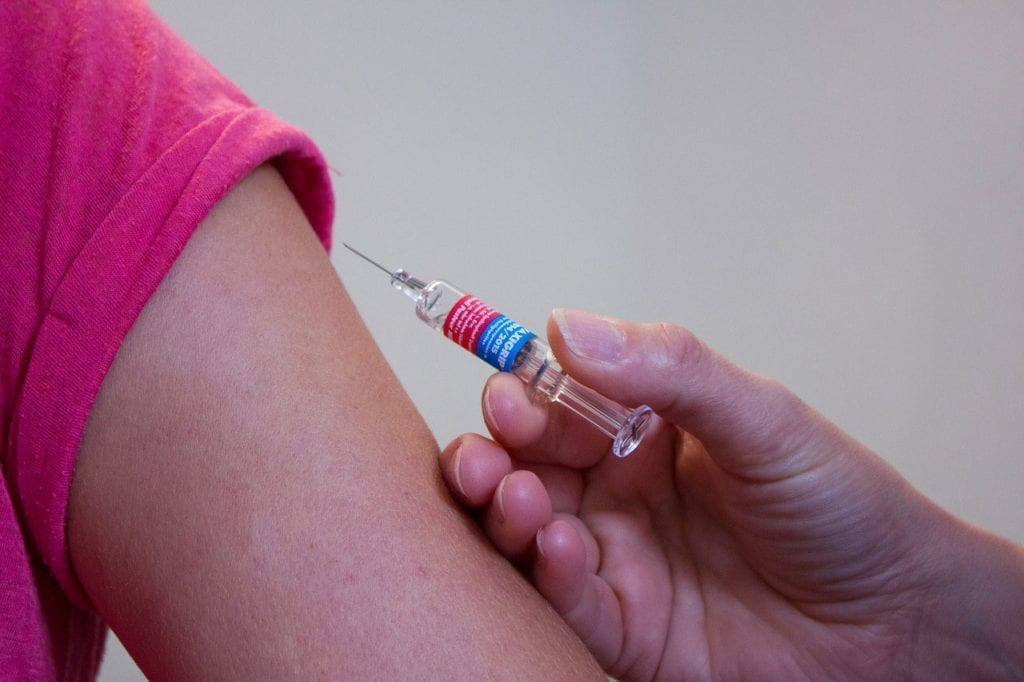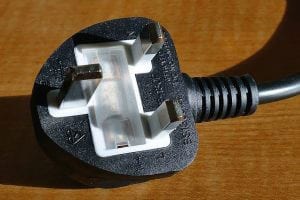The COVID-19 vaccine was approved quickly by the FDA in an effort to fight the raging pandemic. Due to the rapid pace of these trials, a number of populations weren’t studied in relationship to the vaccine. Many of these populations are rare disease patients, who are often left out of clinical trials and medical research.
Now, a recent study has eliminated the mystery of the COVID-19 vaccine for one rare disease patient population. Renal cell carcinoma (RCC) patients were observed to mount a sufficient antibody response, according to a presentation at the International Kidney Cancer Symposium.
About Renal Cell Carcinoma (RCC)
RCC is a form of kidney cancer that typically begins with a single tumor in one kidney but easily spreads to the lungs and throughout the body. Symptoms often do not appear until this spread has occurred, which can impact diagnosis and intervention. They include abdominal pain, fatigue, high blood pressure, bloody or discolored urine, weight loss, fever, enlarged testicles, varicose testis vein, and vision abnormalities.
While medical professionals are unsure as to what exactly causes RCC, they do know that there are a number of risk factors. These include smoking and a history of kidney problems. Research has also linked mutations in the TFE 3, PRC, and VHL genes to this cancer. Treatment consists of removing the kidney, bladder, and any necessary surrounding tissue. Other treatment options include:
- Proleukin
- Chemotherapy
- Sorafenib
- Hormone treatments
- Afinitor
- Ablation
Vaccination and RCC
Medical professionals have been investigating how the COVID-19 vaccination interacts with cancer for some time now, with numerous studies looking into how the jab affects those with solid tumors. Within these studies, seroconversion rates ranged from 86% to 98%.
While a few RCC patients were included in these trials, more research needed to be done to best understand the vaccine’s impacts on people with this rare kidney cancer. To do so, clinical research assistant Jasnoor Malhotra, BS, and his colleagues utilized a study group of 38 RCC patients who were unvaccinated.
To best understand the vaccine’s effects, the researchers took blood samples before, two months after, six months after, and one year after vaccination. The majority (2/3) received the Pfizer shot, while the remaining third received the Moderna vaccine.
Using an enzyme-linked immunosorbent assay, researchers analyzed the blood samples and reported the results as immune status ratios. Results include:
- Two months post-vaccination, 92.1% of participants had achieved seroconversion
- No statistically significant difference in seroconversion rates across patients receiving different treatments for their cancer
Looking Forward
Researchers plan to continue with this study, as they plan to continue taking and analyzing blood samples six and twelve months following vaccination. They also plan to analyze patients’ blood following a booster dose.
While their research is ongoing, Malhotra and his colleagues are happy with the existing research. It confirms their original thoughts: patients would mount a sufficient antibody response following the COVID-19 vaccination. Because of these results, they suggest continued vaccination against COVID-19 within individuals with renal cell carcinoma.
You can read more about this study here.







